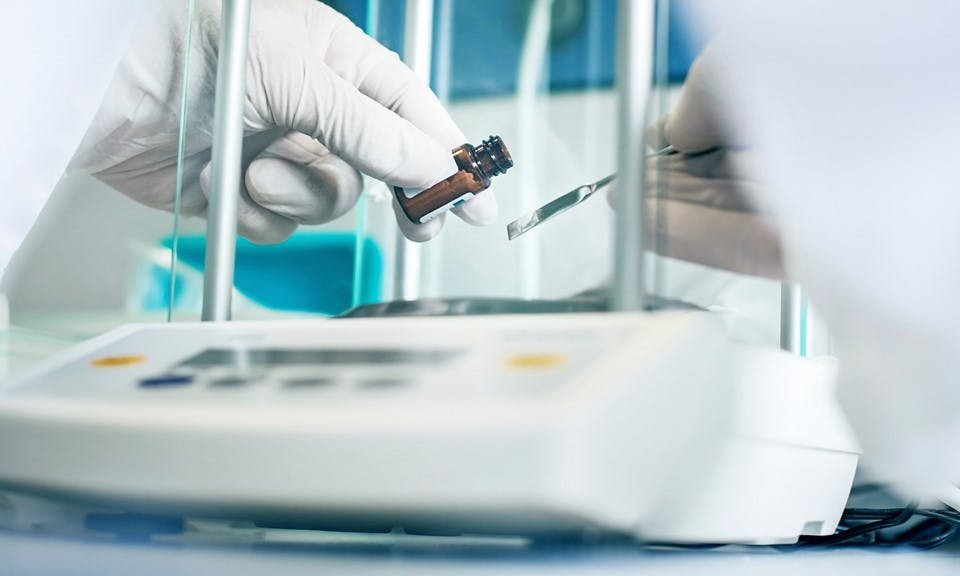SEATTLE (AP) — Nearly half of U.S. cancer doctors who responded to a survey say they’ve recently recommended medical marijuana to patients, although most say they don’t know enough about medicinal use.
The results reflect how marijuana policy in some states has outpaced research, the study authors said. All 29 states with medical marijuana programs allow doctors to recommend it to cancer patients. But no rigorous studies in cancer patients exist. That leaves doctors to make assumptions from other research on similar prescription drugs, or in other types of patients.
“The big takeaway is we need more research, plain and simple,” said Dr. Ilana Braun of Dana-Farber Cancer Institute in Boston, who led the study published Thursday in the Journal of Clinical Oncology.
Patients want to know what their doctors think about using marijuana. In the new study, cancer doctors said their conversations about marijuana were almost always started by patients and their families, not by the doctors themselves.
“They’re not as close-minded as you might think, and they also feel they have a lot to learn.”
Overall, nearly eight in 10 cancer doctors reported having discussed marijuana with patients or their families, with 46 percent recommending it for pain and other cancer-related problems to at least one patient in the past year.
Among those who said they recommended marijuana, 56 percent said they did not have sufficient knowledge to do so.
“They’re not as close-minded as you might think, and they also feel they have a lot to learn,” Braun said.
The survey was conducted in a random sample of cancer doctors; researchers got completed surveys from 237 doctors, or 63 percent.
Marijuana is considered an illegal drug by federal officials and federal restrictions have limited research. Last year, the National Academies of Sciences, Engineering and Medicine concluded the lack of scientific information about marijuana poses a risk to public health.
There’s evidence marijuana can treat chronic pain in adults and medications similar to marijuana can ease nausea from chemotherapy.
In the study, 67 percent of cancer doctors said they view marijuana as a useful addition to standard pain therapies, with 75 percent saying it posed less risk of overdose than opioids. About half view marijuana as equal to, or more effective than, standard treatments for cancer-related nausea.
Marijuana isn’t harmless. The National Academies report said pot smoking may be linked to higher chances of traffic accidents, chronic bronchitis from long-term use and schizophrenia and other causes of psychosis, especially in the most frequent users.
Dr. Steven Pergam of Seattle Cancer Care Alliance answers questions about marijuana’s safety from his colleagues at the treatment center.
His responses depend on the patient. A dying patient with cancer that’s spread? “Whatever they want to do to make themselves comfortable,” said Pergam, who wasn’t involved in the new research. A patient with leukemia, however, should be warned of a theoretical possibility of a fungal infection tied to cannabis use.
“If we’re not comfortable having these discussions, patients will get information from other sources, and it’s not going to be as reliable,” he said.






